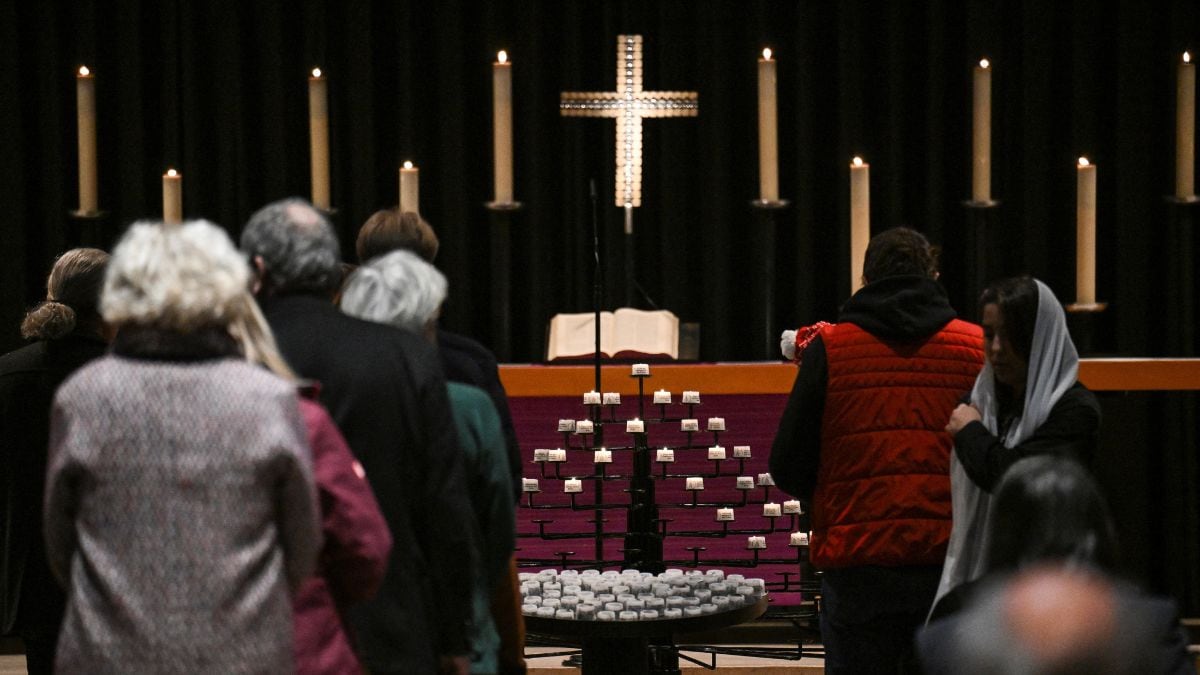Germany recorded a significant growth in the number of atheists as compared to Catholics and Protestants in 2024. Experts have said that a growing number of people are drifting apart from Christianity owing to the rise in sexual scandals in churchesread more
More and more Germans are losing their faith in religion as the number of atheists has outgrown the number of Catholics and Protestants combined for the first time in the country’s history.
According to new research by the group Weltanschauungen, the year 2024 saw a rise in people with no religious affiliations. Germany had 47 per cent atheists, 45 per cent Catholics and Protestants, and 4 per cent Muslims. The study is based on publications from the German Bishops’ Conference and the Protestant Church in Germany (EKD).
STORY CONTINUES BELOW THIS ADWhy are people losing touch with religion?
Explaining why people are denouncing their religions to Le Monde, Edgar Wunder, scientific mission officer at the Social Science Institute of the EKD in Hanover, said, “The reason why people leave the Church is simply that they have lost the connection or religious faith.”
He added that cases of sexual abuse, particularly of minors, in churches have also weighed in heavily on people’s faith. “The scandals of sexual abuse of minors have weighed heavily, but in my view, it’s a temporary phenomenon. Primarily, there is always the fact that people no longer consider the Church necessary or see why they should be members,” Wunder said.
Church and the state: An intertwined partnership
Unlike France, Germany does not separate its churches from the state, and therefore, leaving one’s religion in the country requires some sort of government intervention.
Hartmut Zinser, a specialist in religious studies at the Free University of Berlin, said, “We do not have, as in France, a separation of church and state. The two are mixed here; religion in Germany is a tripartite matter. To leave the Church, you have to go to the district court and declare that you no longer want to be a member, then you receive a paper, then there is supposedly a 26-week reflection period before the exit is effective.”
The blending of religion and politics can occasionally spark controversy. During the electoral campaign for the legislative elections on February 23, 2025, representatives from the German Bishops’ Conference and the Protestant Church voiced criticism over conservative CDU candidate Friedrich Merz’s decision to accept backing from the far-right. This support helped Merz pass a motion in the Bundestag on January 29 that called for stricter migration policies.
The move caused significant backlash within the CDU, a party traditionally aligned with the Catholic Church, despite its efforts to present itself as a multiconfessional Christian party. The controversy highlights the ongoing tensions between political strategy and religious values within the conservative ranks.
